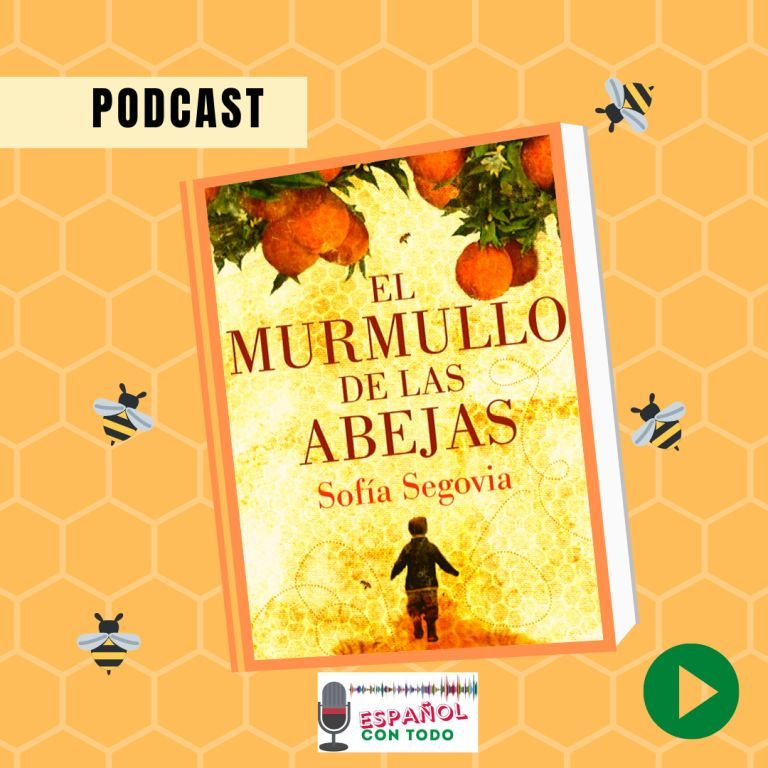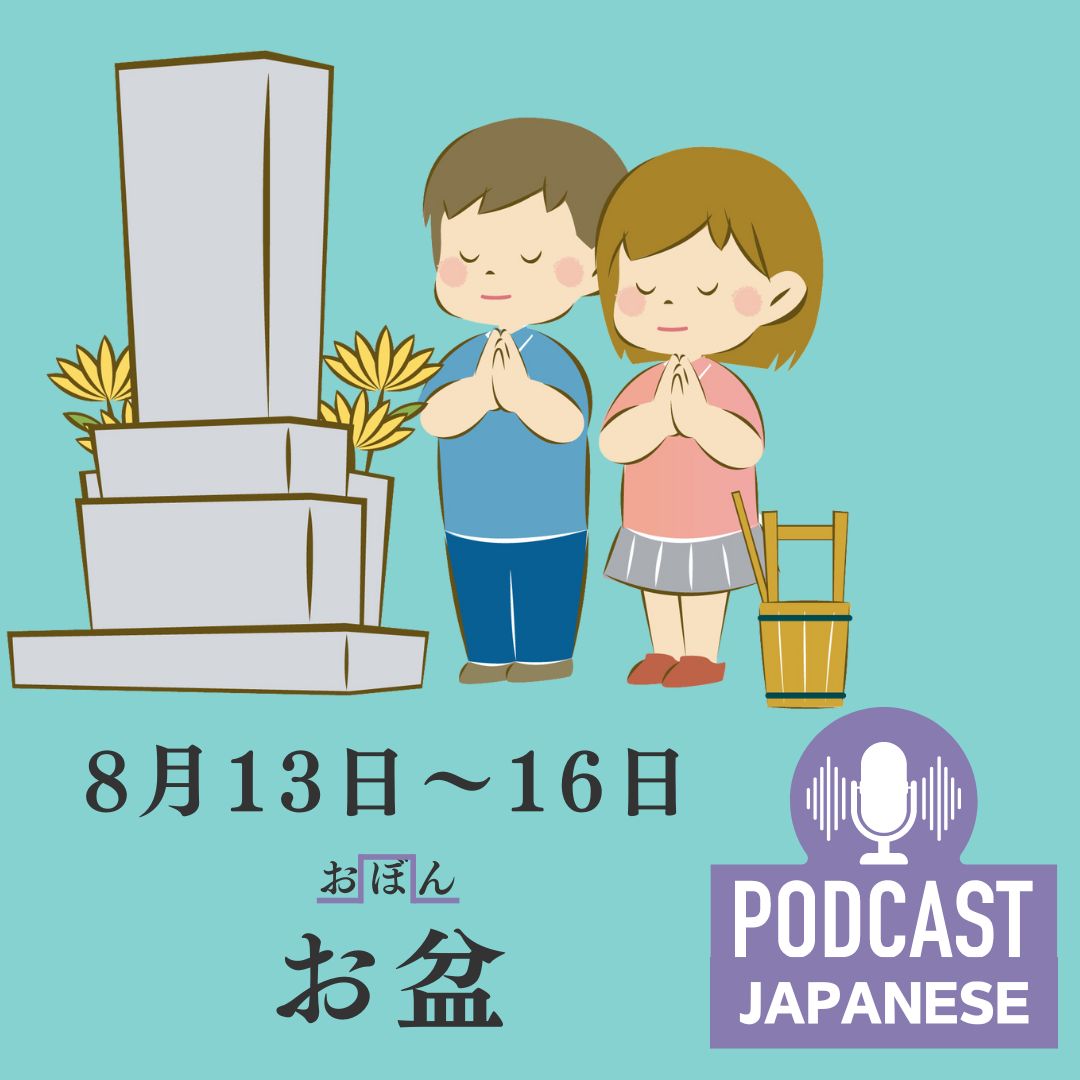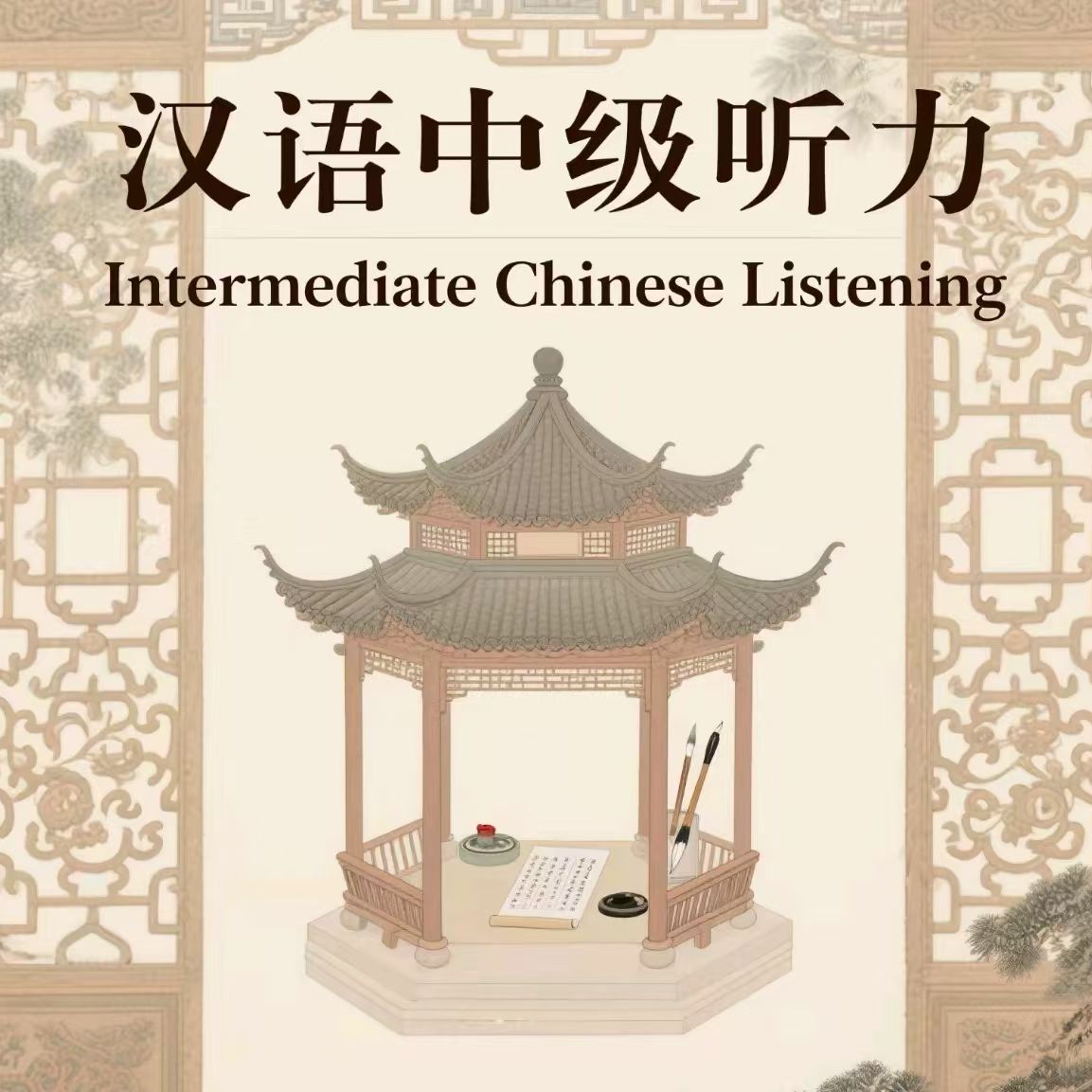搜尋自 英語 {1} 教師……

Episode 31:お気に入りのカレンダー
說明
明けましておめでとうございます!
ポッドキャストの更新が滞っている間に年が明けてしまいました!
皆さんは新年のカレンダーを買いましたか?
今回は、フミがお気に入りのカレンダーについて話します。
※去年の秋に収録したものなので、少し季節外れな会話があります。
Happy New Year!
While we have not been updating the podcast, the New Year has come!
Have you bought your New Year's calendars?
This time, Fumi talks about his favorite calendar.
*We recorded this podcast last fall, so the conversation is a bit out of season.
♤ キーワード
・縁起がいい(えんぎがいい:bring good luck)
・六曜(ろくよう:The traditional Japanese calendar system used to indicate the perceived luck or fortune of each day. There are 6 labels and often referenced for scheduling events like weddings or funerals. While their use is rooted in superstition, the Rokuyo system remains widely referenced in Japan for scheduling ceremonies and selecting auspicious dates.)
1. 先勝 - Senshō / Sakikachi (good for starting things, good in the morning)
2. 友引 - Tomobiki (good day, should avoid funerals)
3. 先負 - Senbu / Sakimake (good afternoon, bad morning)
4. 仏滅 - Butsumetsu (extremely unlucky)
5. 大安 - Taian (very lucky )
6. 赤口 - Shakkō (lucky only during the hour of the horse (11 a.m. to 1 p.m.), awfully unlucky at other times)
・寅の日(とらのひ:The golden pattern of the tiger is a symbol of money, so the day of the tiger is especially associated with money luck.)
・一粒万倍日(いちりゅうまんばいび:The day that you can get hundreds of times harvest from a grain of seed. So it’s believed many benefits are received from very little.)
・怪我の功名(けがのこうみょう:One of the Japanese proverbs that means a mistake or careless action leading to a fortunate result. It is an unexpected success born out of a failure.)
・待てば海路の日和あり(まてばかいろのひよりあり:One of the Japanese proverbs that means”Everything comes to him who waits.”)
♧ 理解度チェッククイズ
1. フミは毎年どんなカレンダーを買っている?
2. それはどうして?
♢ 前回のクイズの答え
1. フミが最近気になっている言葉は?
→ 界隈
2. それはどういう意味?
→ 〜(する)人たち
3. 元々どこで使われていた言葉?
→ TwitterやInstagramなどのSNSで使われていた
BGM special thanks:MusMus
Podcast 頻道
アヤさんとフミさんの日本語雑談(Aya and Fumi’s Japanese Chit-Chat)
創作者
Podcast全集

Maradona-Messi

💧Rius i tempestas 🌧️

L12

EL MURMULLO DE LAS ABEJAS

日本の文化「お盆」について

Intermediate Chinese Listening:购物节后的快递 Express delivery after the shopping festival

'Endless Entertainment' May Actually Increase Boredom

#207 海外旅行について!
熱門集數

Maradona-Messi
Maradona-Messi

Catalán para Hispanohablantes
💧Rius i tempestas 🌧️

Modern Chinese(時代華語)B1- Reading(短文)
L12

Español con todo
EL MURMULLO DE LAS ABEJAS

🌸5分でわかる日本語🌸 Japanese Podcast
日本の文化「お盆」について

Intermediate Chinese Listening
Intermediate Chinese Listening:购物节后的快递 Express delivery after the shopping festival

Practice Listening, Reading & Comprehension
'Endless Entertainment' May Actually Increase Boredom

Atsushi のJapanese podcast (travel/news /文法・漢字・語彙/Osaka/Hokkaido/🇹🇷🇬🇪🇦🇲🇪🇸🇵🇹)
#207 海外旅行について!